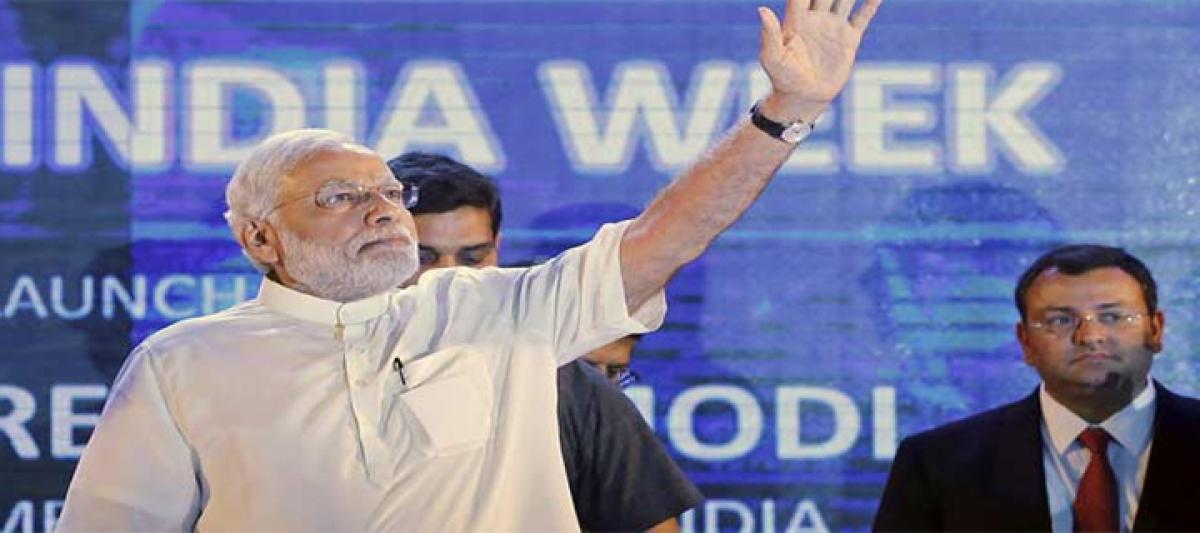Live
- DEO suspends teacher accused of sexual assault
- PM ‘cursing’ Congress out of despair: Maharashtra Cong Chief
- Applications are invited for Junior Colleges Scheme District Scheduled Castes Development Officer Ramlal
- A nomination was filed on the second day for the Nagar Kurnool parliamentary seat
- SP Gaikwad inspected the Telangana Amarnath Saleswaram Jatara yatra arrangements
- Rahul Gandhi's decision to contest from Wayanad shows 'lack of confidence': BJP President Nadda
- IPL 2024: Delhi bowlers will go after all of SRH’s top-order batters, says head coach Ricky Ponting
- At Amroha rally, PM Modi sends out ‘meaningful’ message for Muslims and Hindus
- Tripura records highest 79.83 pc voter turnout in Northeast
- The government has to clear the confusion
Just In

By the time I write this stuff, my mind is suffocated by the abject atmosphere as the sky in Indian sub continent is going polluted with the pieces of communal harmony scattered and desperate. As the so called communal quick fix finds it hard to get cohesiveness with the contemporary scenario found in India, the secular fabric of the country has been going to dogs with every passing day.
By the time I write this stuff, my mind is suffocated by the abject atmosphere as the sky in Indian sub continent is going polluted with the pieces of communal harmony scattered and desperate. As the so called communal quick fix finds it hard to get cohesiveness with the contemporary scenario found in India, the secular fabric of the country has been going to dogs with every passing day.
.jpg)
The Prime Minister of the country, who has been viewed as the epitome of change making by the Indian media sects, perhaps spoke very less when it came to communal and secular aspects of the state. As we move on in the arena of communal debate, the intellectual brains of the country have been returning the highest literary award to the government and the score has reached almost a dozen now.

© 2024 Hyderabad Media House Limited/The Hans India. All rights reserved. Powered by hocalwire.com







